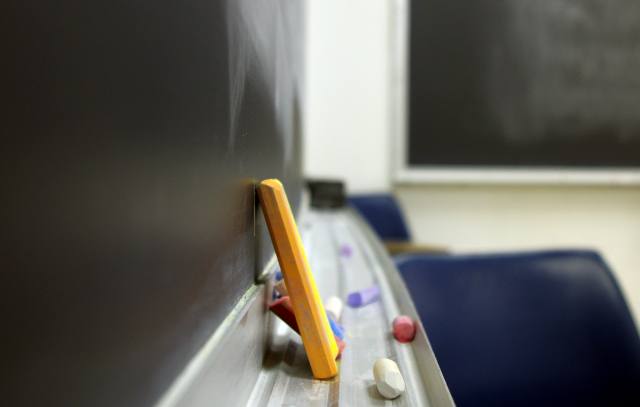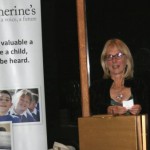We know many teachers across the Island are doing the very best they can to cope with the council-imposed move to two-tier education on the Isle of Wight, which saw the removal of the Island’s Middle schools, but reading the official government figures showing the Isle of Wight Education Authority coming bottom in England in some tables really needs some explanation from the council. Both how they’ve let this happen, and what they’re doing to fix it.
Luckily for the Island, there are people like Dave Miller around. He’s a Parent Governor Representative on the Children and Young Peoples’ Scrutiny Panel and will be asking the important question below at tomorrow’s full council meeting in connection to recent results of KS1 and KS2 on the Isle of Wight.
We’ll be forwarding it to Cllr David Pugh (who spearheaded the school reforms) and the now-head of the Council, Steve Beynon (who was head of Island education at the time), to get their explanations. Ed
Question to full council October 2012
Members of the public, and indeed councillors, may have seen disappointing education attainment results released recently, and may have read creative press releases.
Over the last month the DfE has released the provisional Key Stage 21 and Key Stage 12 data, with the KS4 and KS5 data due tomorrow3.
Attentive members may recall that one of the arguments for reorganisation was the high performance of our Primary Schools (in the top 10% nationally, we were told).
Concerns dismissed by local authority
Parental concerns regarding the reliability of that (locally assessed) data, and potential transitional drop in attainment for the most impacted cohorts were dismissed by the LA with statements of the form ‘The LA does not share that opinion’.
So how did our first cohort of high- achieving KS1 students of 2008 progress as the guinea pigs pioneers, being the first to take their KS2 SATS in primary school Year 6 this summer? The DfE expects students to make two levels of progress between KS1 and KS2.
Isle of Wight 150th of 150 local authorities
Whilst congratulations are due to some schools and their pupils, from the latest data from the DfE it can be seen that we came last (150th of 150 LAs) in both English progress and Maths progress (see graphs below).
If, with hindsight, it is now conceded that the KS1 results in 2008 (and other years) were perhaps optimistic after all, then what does the absolute performance look like? The DfE’s measure is achieving at least Level 4 in English and Maths. From the latest data from the DfE it can be seen that we came at the lower decile mark (135th of 150 LAs4).
Also of interest is that our KS1 results have now dropped to just above the median this year (66th of 150 LAs), and the newly introduced Year 1 Phonics assessment puts us in penultimate place (147th of 148 LAs).
Question
Could the leader – the then lead member – explain why the LA’s reorganisation transition failed many of the Island’s children, and what is being put in place to support them reach their potential?
We’ll let you know the answer Dave receives at full council tomorrow. Ed
Click on full screen icon to see larger version
Footnotes
1. DfE KS2 data
2. DfE KS1 data
3. DfE KS4&5 data notice
4. Rankings from sorted DfE data. DfE Excel data quantised. Use DfE’s zipped csv underlying data for improved sorting. 75% from 10 LAs. IW=74.96%





